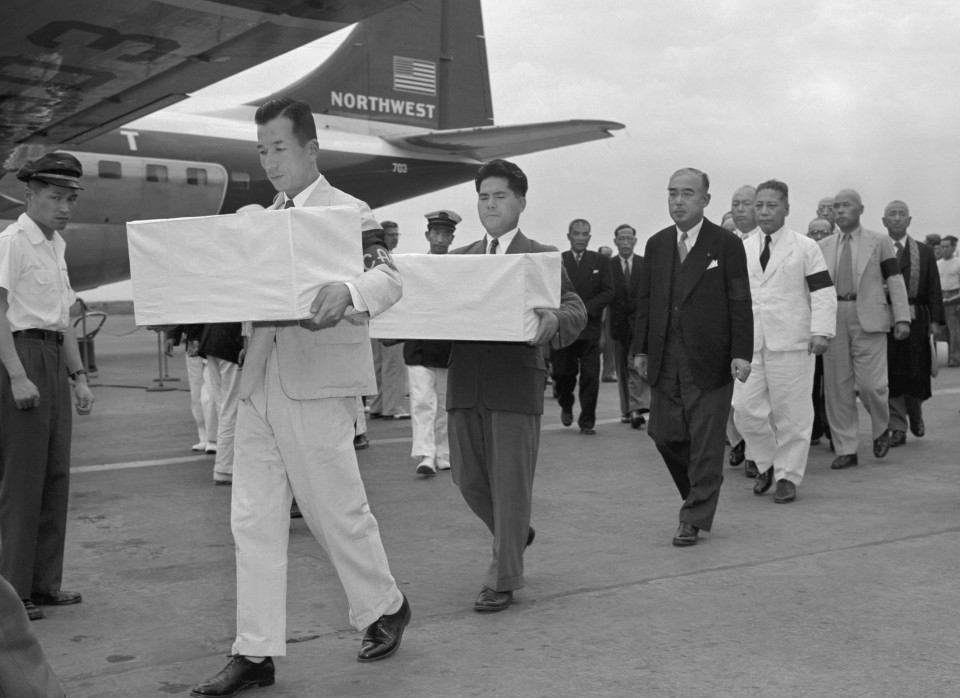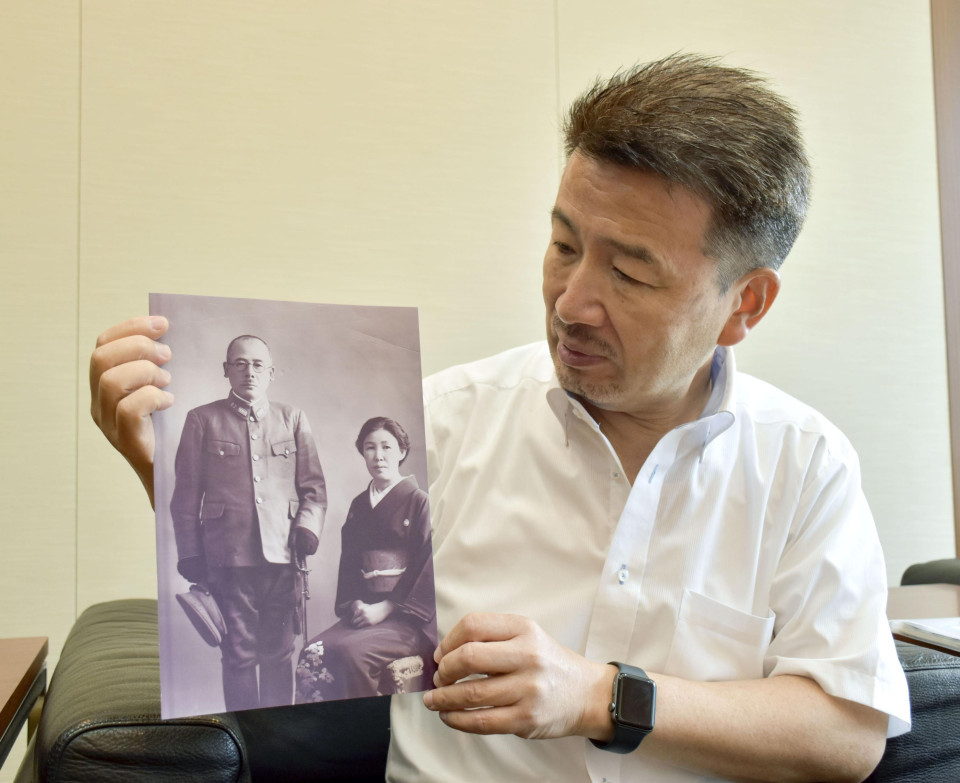Japanese government workers will survey an uninhabited southwest Alaskan island from Monday to pave the way for the first recovery in over 70 years of remains of World War II soldiers who died fighting U.S. forces there.
Some 2,600 Japanese soldiers died on Attu Island in May 1943, according to the Ministry of Health, Labor and Welfare, in a doomed attempt to hold the northern Pacific island, captured in June 1942, from over 10,000 U.S. personnel.
Remains of around 320 soldiers were recovered in 1953, but later inspections in 2007 and 2008 did not culminate in the collection of any remains.

The United States will provide a boat for the upcoming five-day survey that will include the inspection of roads and runways and confirmation of the location of remains of the Japanese war dead. Three relatives of the deceased will also attend.
Attu Island's harsh conditions limit expeditions to the summer months, and it has been uninhabited since the U.S. Coast Guard left in 2010. Its designation as a nature reserve also restricts what areas can be entered and where excavations can take place.
Amid requests from bereaved families, the health ministry has been arranging for the collection of remains with the U.S. government via Japan's Foreign Ministry, and the United States put forward a draft cooperation memorandum in December 2023.
Should an agreement be finalized between the two governments, cooperation is expected to cover areas such as provisions for roadways, an environmental impact assessment and accommodation.

During the trip next week, the participants plan to also visit a U.S. military base in Alaska and offer prayers at a cenotaph to Japanese soldiers. Among those attending is Nobuyuki Yamazaki, the head of a group for bereaved relatives of the fallen.
The Battle of Attu is known as the first battle for which Japan's Imperial General Headquarters used the term "gyokusai," referring to honorable death without surrender, leaving all troops dead but a couple of dozen taken as prisoners of war.
Yamazaki's grandfather, Yasuyo Yamazaki, commanded the Japanese forces on Attu Island and led the men to their death under orders from the headquarters.
"I think he felt terrible because of his position," the 65-year-old Nobuyuki Yamazaki said, expressing anger at the glorification of their deaths at the time. "It is the country that went to war, and this country has a responsibility to bring back the remains."
Related coverage:
Japan marks 79th anniv. of WWII end at event with no COVID curbs










